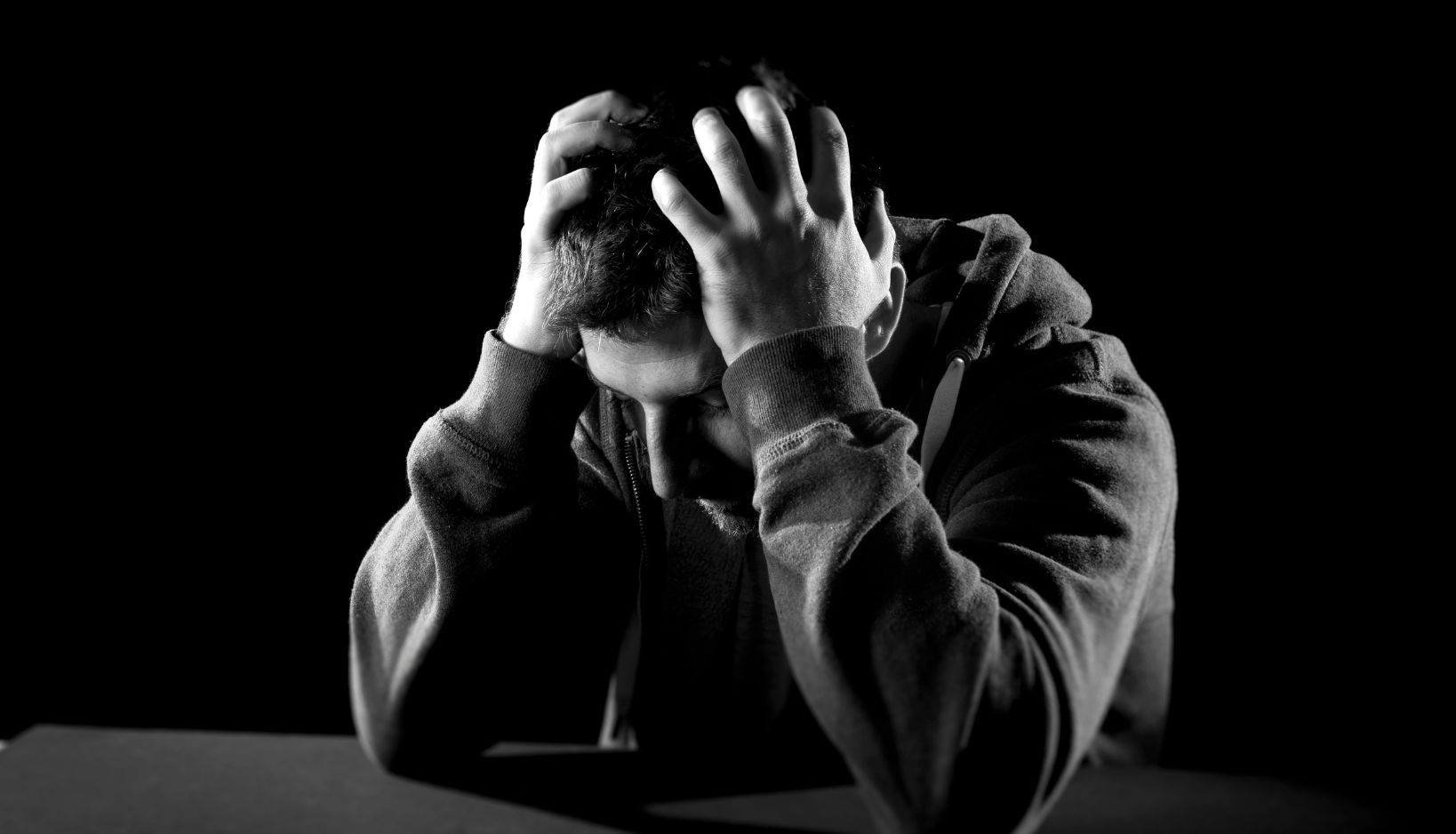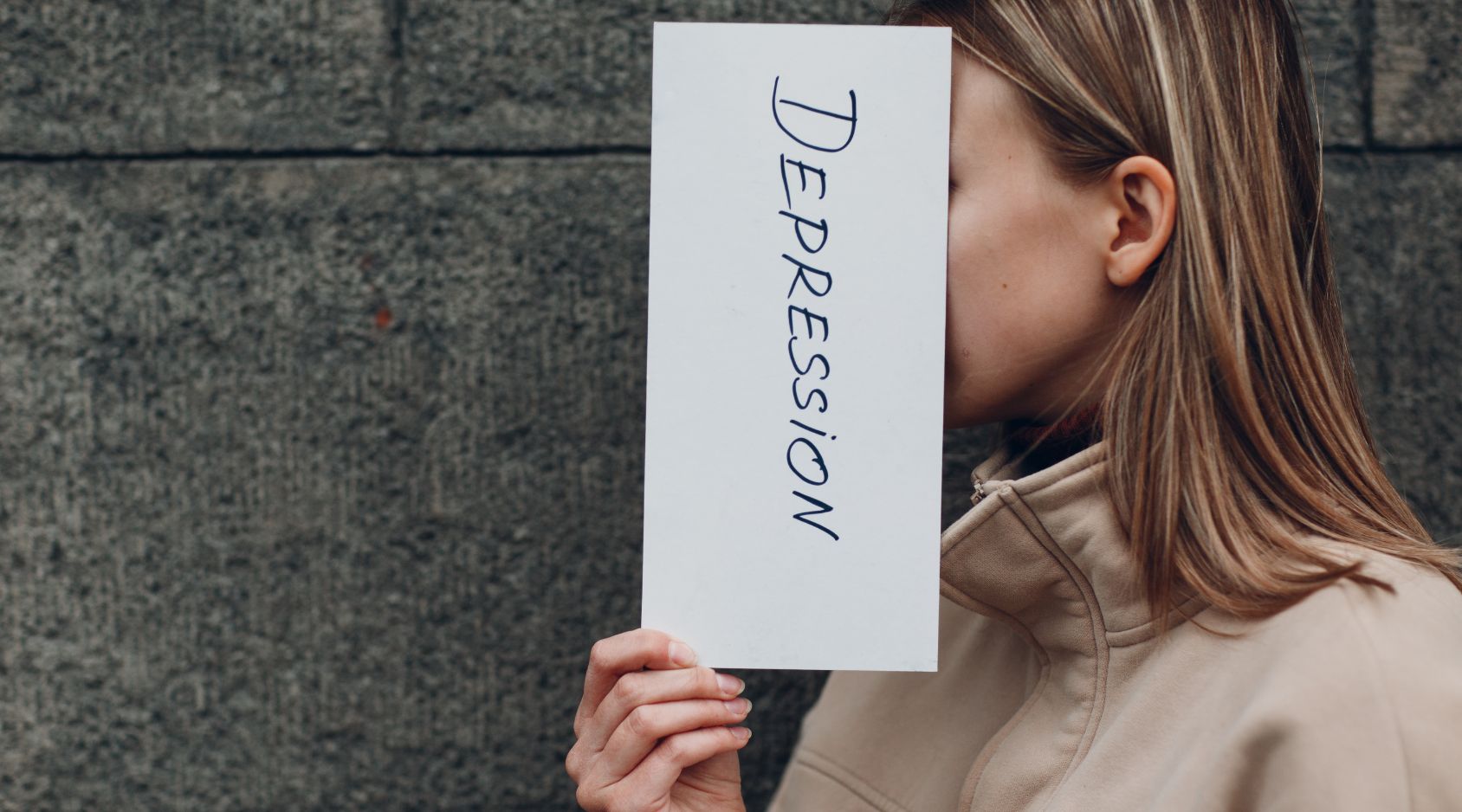Depression
Depression is a mood disorder that causes persistent feelings of sadness, hopelessness, and loss of interest in activities. It can affect how you feel, think, and handle daily activities. Depression is more than just feeling down or having a bad day; it is a serious condition that can impact all aspects of a person’s life, including their relationships, work, and physical health.
Symptoms of depression can vary from person to person but may include:
- Persistent feelings of sadness, emptiness, or hopelessness.
- Loss of interest or pleasure in activities once enjoyed.
- Changes in appetite or weight.
- Sleep disturbances, such as insomnia or oversleeping.
- Fatigue or loss of energy.
- Feelings of worthlessness or guilt.
- Difficulty concentrating or making decisions.
- Thoughts of death or suicide.
Depression can be caused by a combination of genetic, biological, environmental, and psychological factors. Factors such as family history, trauma, stress, certain medications, and medical conditions can increase the risk of developing depression.
Treatment for depression may include psychotherapy, such as cognitive-behavioral therapy (CBT) or interpersonal therapy, medication, such as antidepressants, lifestyle changes, such as regular exercise and a healthy diet, and support from family, friends, and mental health professionals. With proper treatment, many people with depression can manage their symptoms and lead fulfilling lives.
Understanding Depression
Understanding Depression: Symptoms, Causes, and Treatment Options
Understanding depression: A compassionate exploration
Depression : Understanding the role of genetics
FREQUENTLY ASKED QUESTIONS
Depression is a common and serious mood disorder that causes persistent feelings of sadness, hopelessness, and loss of interest in activities. It can affect how you feel, think, and handle daily activities.
Common symptoms of depression include feelings of sadness, emptiness, or hopelessness, loss of interest or pleasure in activities once enjoyed, changes in appetite or weight, sleep disturbances, fatigue or loss of energy, feelings of guilt or worthlessness, difficulty concentrating, and thoughts of death or suicide.
Depression is believed to be caused by a combination of genetic, biological, environmental, and psychological factors. Factors such as family history, trauma, stress, certain medications, and medical conditions can increase the risk of developing depression.
Depression is typically diagnosed by a healthcare provider through a physical examination, psychological evaluation, and a review of symptoms and medical history. The provider may use criteria outlined in the Diagnostic and Statistical Manual of Mental Disorders (DSM-5) to make a diagnosis.
Treatment for depression may include psychotherapy, such as cognitive-behavioral therapy (CBT) or interpersonal therapy, medication, such as antidepressants, lifestyle changes, such as regular exercise and a healthy diet, and support from family, friends, and mental health professionals. In severe cases, hospitalization or other intensive treatments may be necessary.
KEY TERMS
A complex condition characterized by compulsive drug use or behavior despite harmful consequences.
Substance Use Disorder (SUD) A clinical term used to describe addiction to drugs or alcohol.
Physical or psychological reliance on a substance, often leading to withdrawal symptoms when use is reduced or stopped.
Support groups, such as Alcoholics Anonymous (AA) and Narcotics Anonymous (NA), that follow a structured, 12-step approach to recovery.
The process of overcoming addiction and maintaining a substance-free lifestyle.
The process of removing toxins from the body, often used to describe the initial stages of treatment for addiction.
The return to substance use or addictive behavior after a period of abstinence.
Physical and psychological symptoms that occur when a person stops using a substance they are dependent on.



